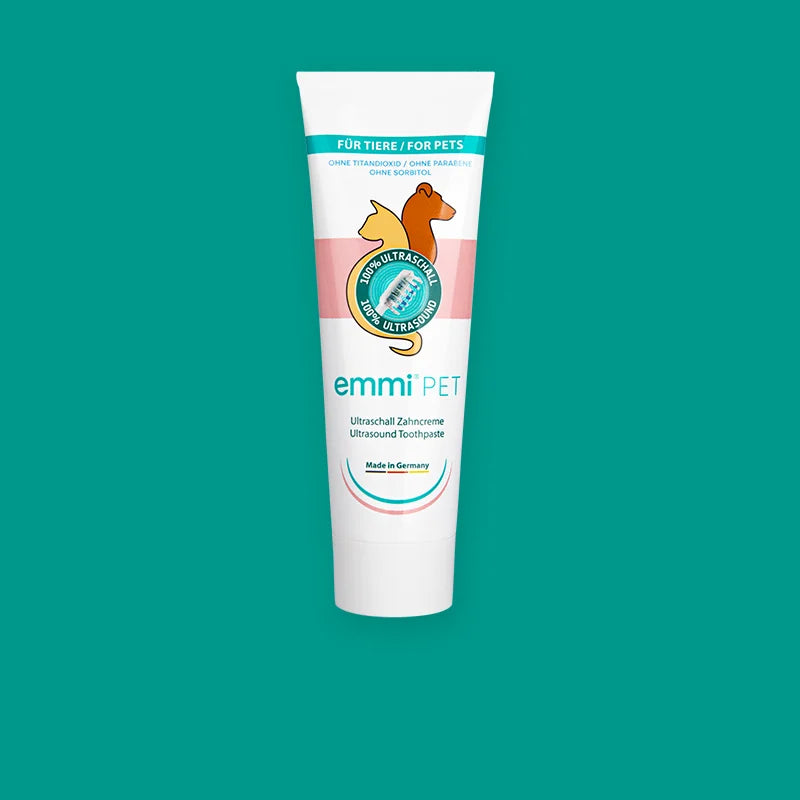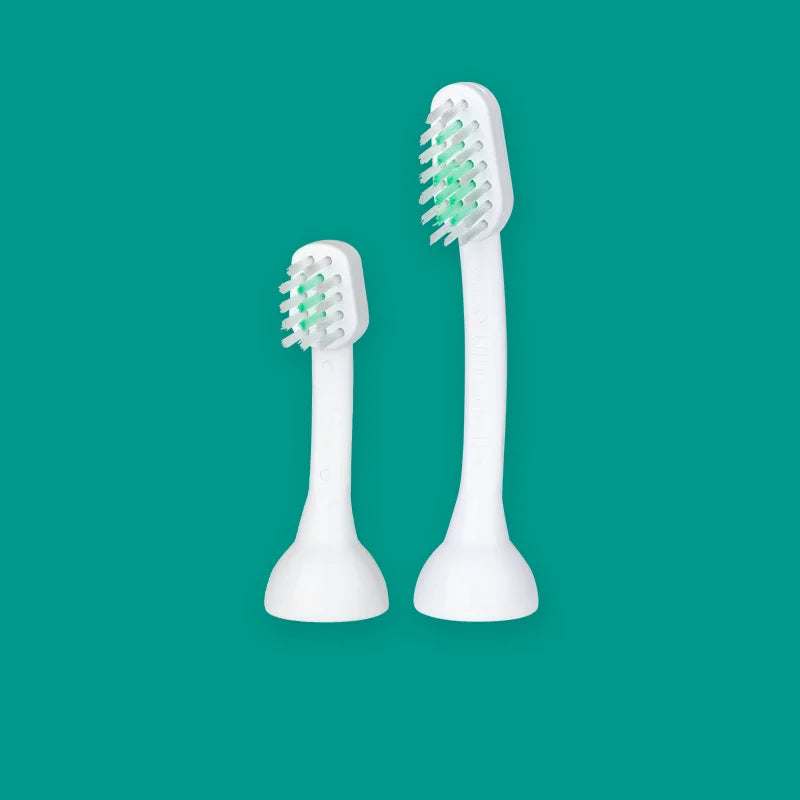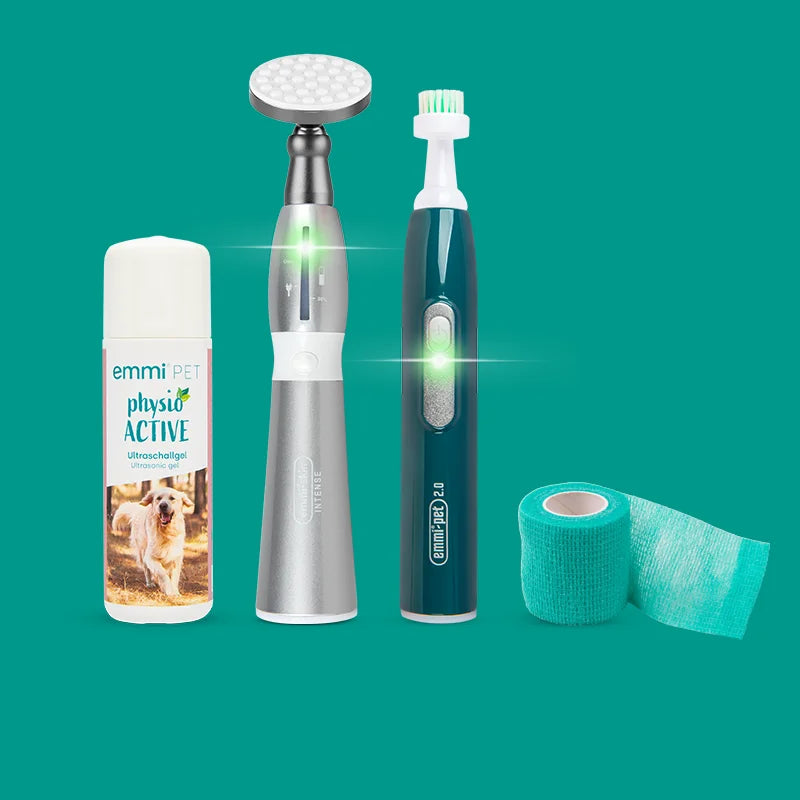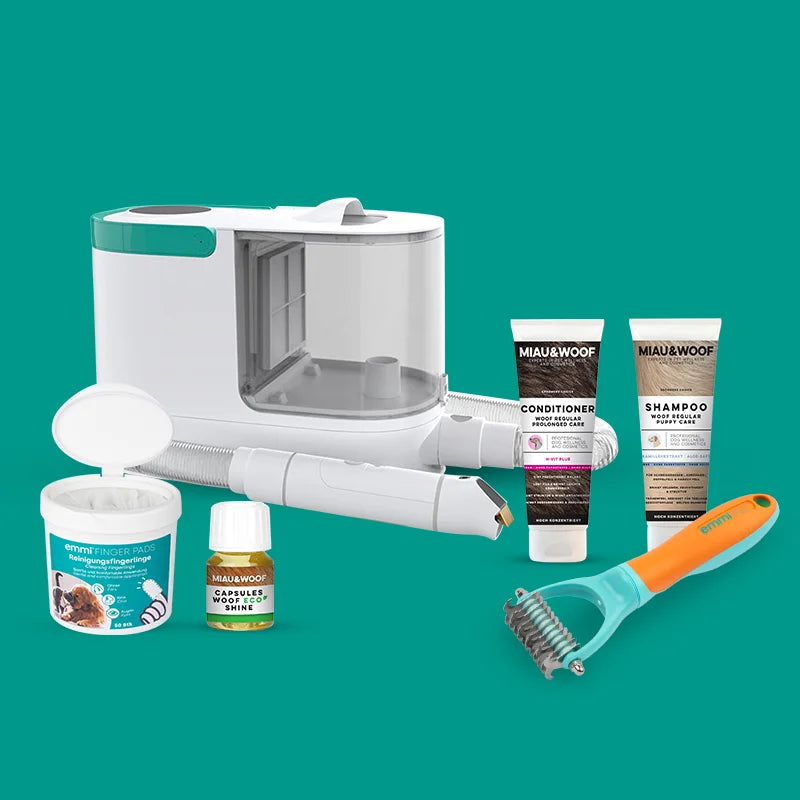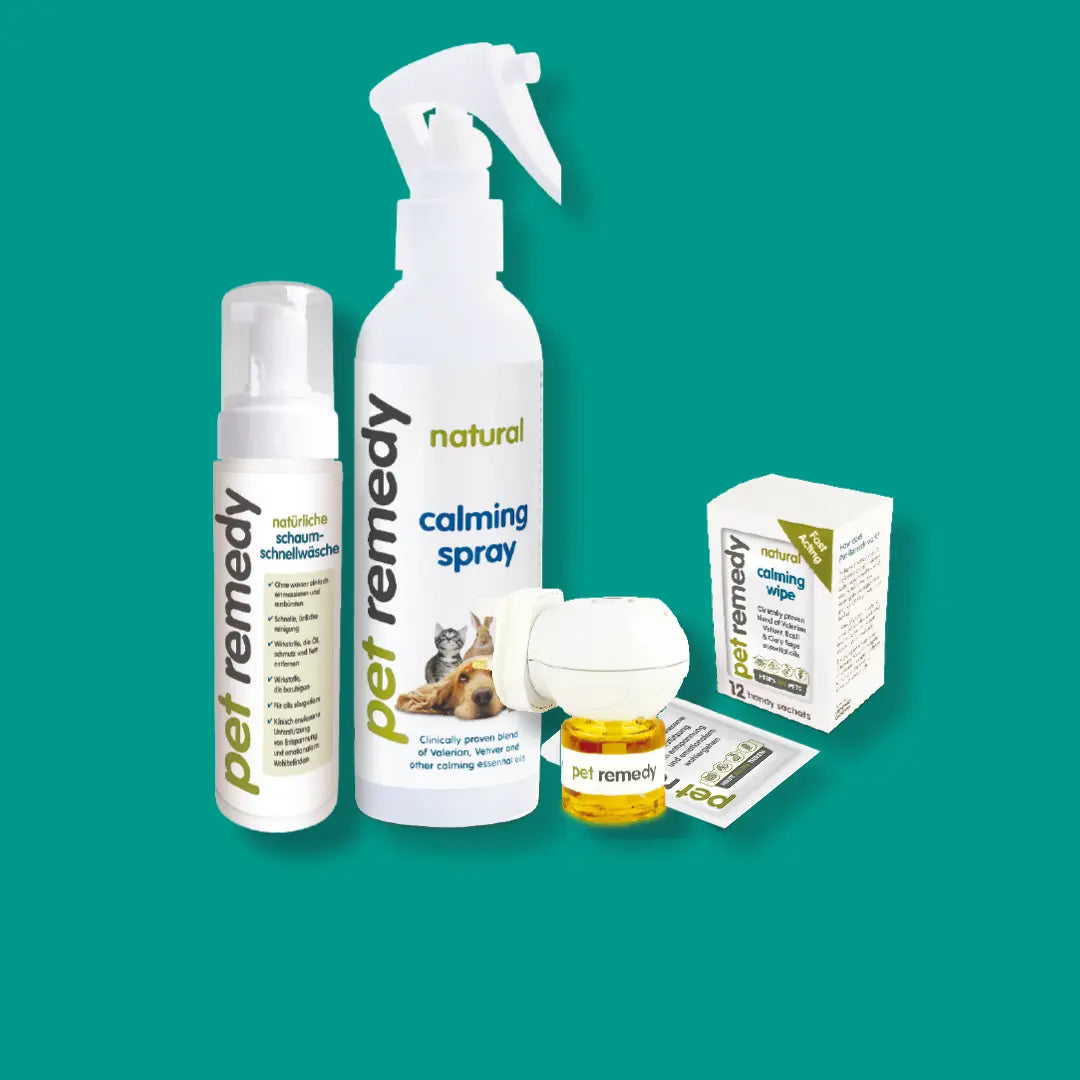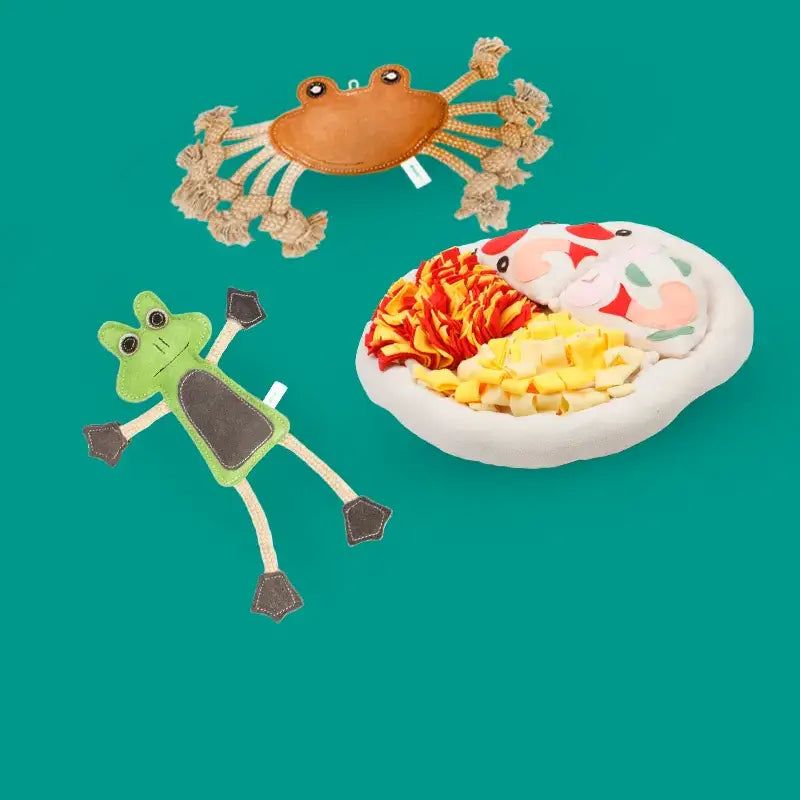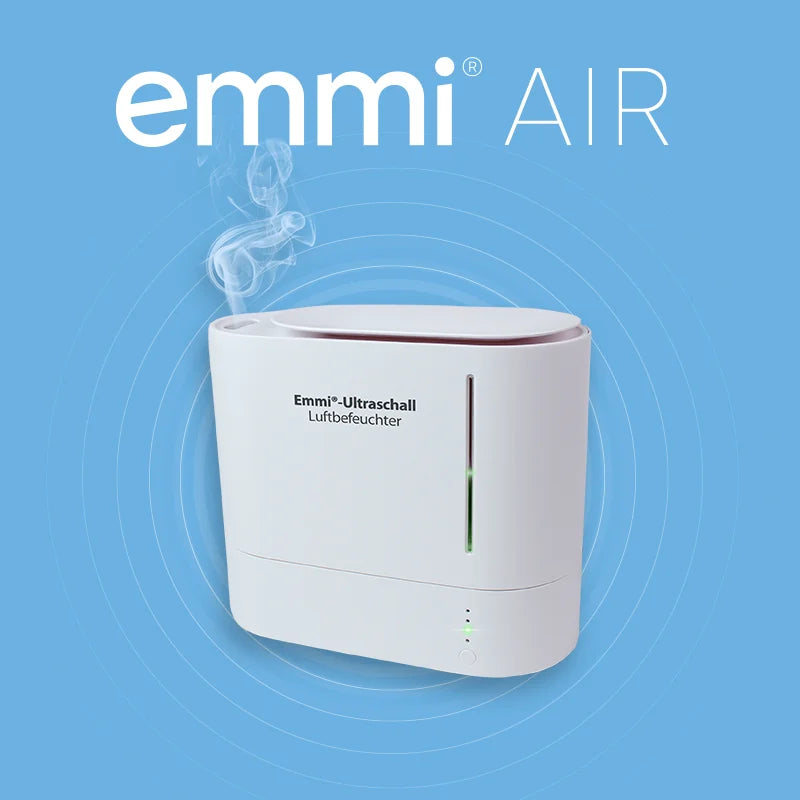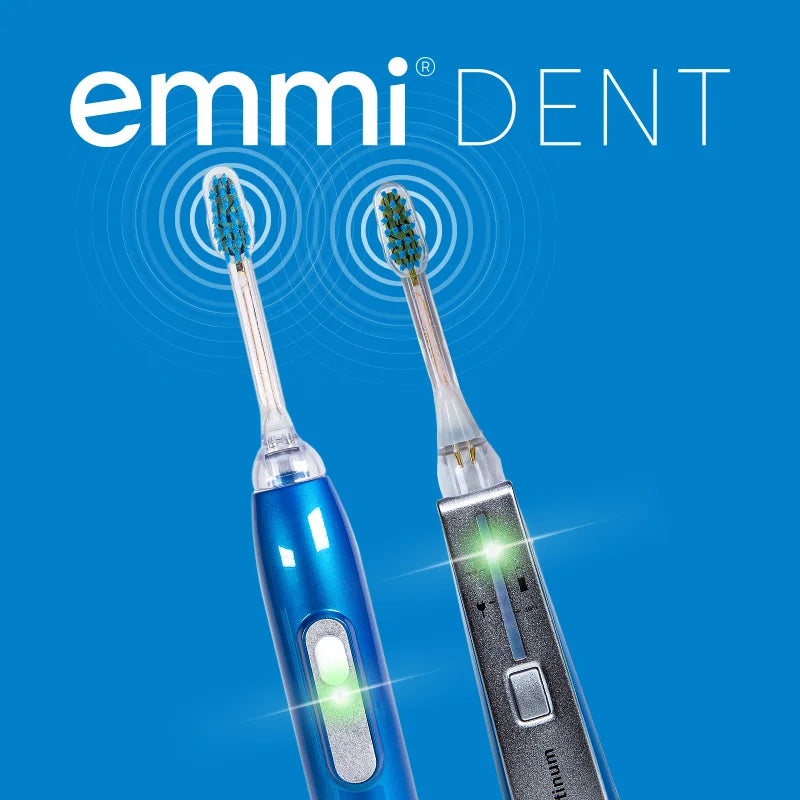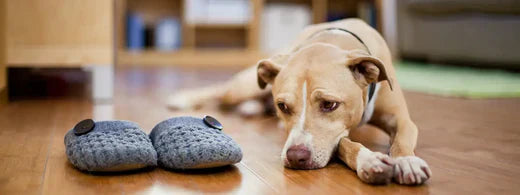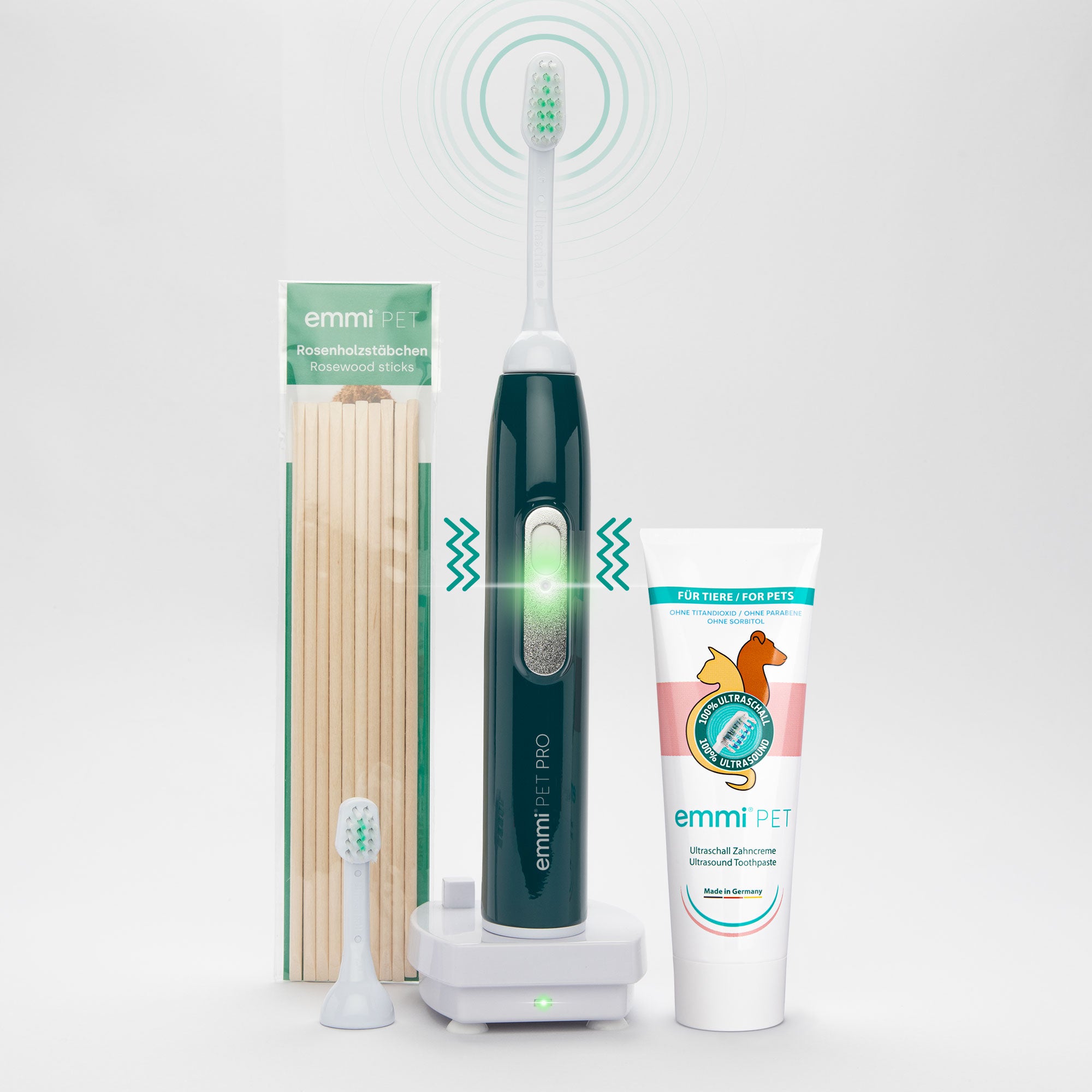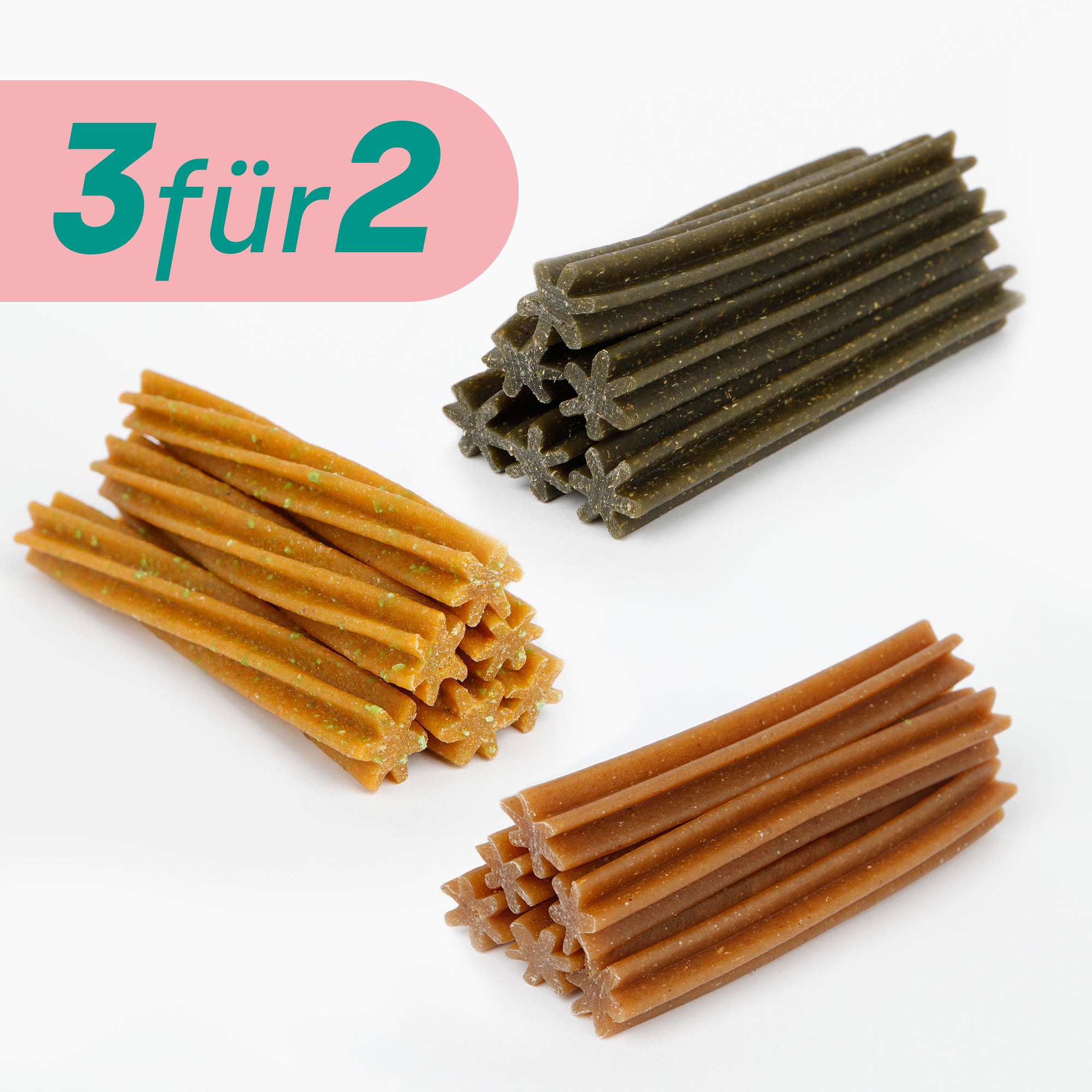Proper dental care for cats
Proper dental care for cats, just like for dogs, is frowned upon. Accusations of humanization quickly arise. However, any cat owner or lover who has ever had the opportunity to examine their cat's teeth knows that their teeth are just as susceptible to bacteria as any other teeth. The condition of a cat's teeth can also be a good indicator of its overall health.
Our blog post today explains how you can recognize dental problems in your cat and how to care for its teeth without any problems.
How do you recognize dental problems in a cat?
On average, one in four cats suffers from dental problems or at least exhibits oral impairments. In most cases, these problems are preceded by tartar and plaque. The development of these deposits is not much different from that of humans. Food debris that has become lodged between the teeth leads to plaque and deposits. These harden, which in turn promotes inflammation. Inflammation leads to loose teeth and malocclusion. It can sometimes lead to the loss of function of the entire dentition.
Kidney damage and heart disease caused by inflamed teeth are not uncommon in cats. Have you ever noticed bad breath , excessive salivation, bloody saliva, or constant drooling in your cat? These signs can be the first symptoms of gingivitis. Brown discoloration of the teeth and hard plaque, especially on the molars, accompanied by reddened gums can also indicate severe dental disease.
Cat caries as a special form of dental disease
In addition to common caries, cats suffer from a special form of caries. This particular form is called feline caries, also known as FORL (feline odontoclastic resorptive lesion). Feline caries is particularly unpleasant for your cat. FORL is widespread. It is estimated that around 40% of all cats suffer from cat caries. The disease causes massive dental problems. A malfunction in the body is responsible for this. The tooth substance, starting from the neck and root, essentially dissolves.
Splintering, sharp-edged, and brittle teeth cause further injuries in the mouth. These can become painfully infected. Cat caries is not a bacterial disease, but an autoimmune disease.
Dental care for cats
You should start dental care for your cat as early as possible. The recommended time to start is during kittenhood, when these little house cats are chewing on everything in their path with their tiny teeth. Plaque can be removed mechanically with hard food lumps. Gum massage can also strengthen the teeth.
For long-lasting dental care, veterinary dentists recommend using special products. Dental care with our emmi®-pet ultrasonic toothbrush is easy, quiet, and vibration-free. You can playfully introduce your kitten to regular dental care.
Brushing your cat's teeth is essential whenever your veterinarian has diagnosed specific dental problems. Regular dental care is also recommended if your cat has jaw misalignments or refuses dry food. While tartar buildup in cats can never be completely eliminated, it can be significantly reduced with regular dental care.

